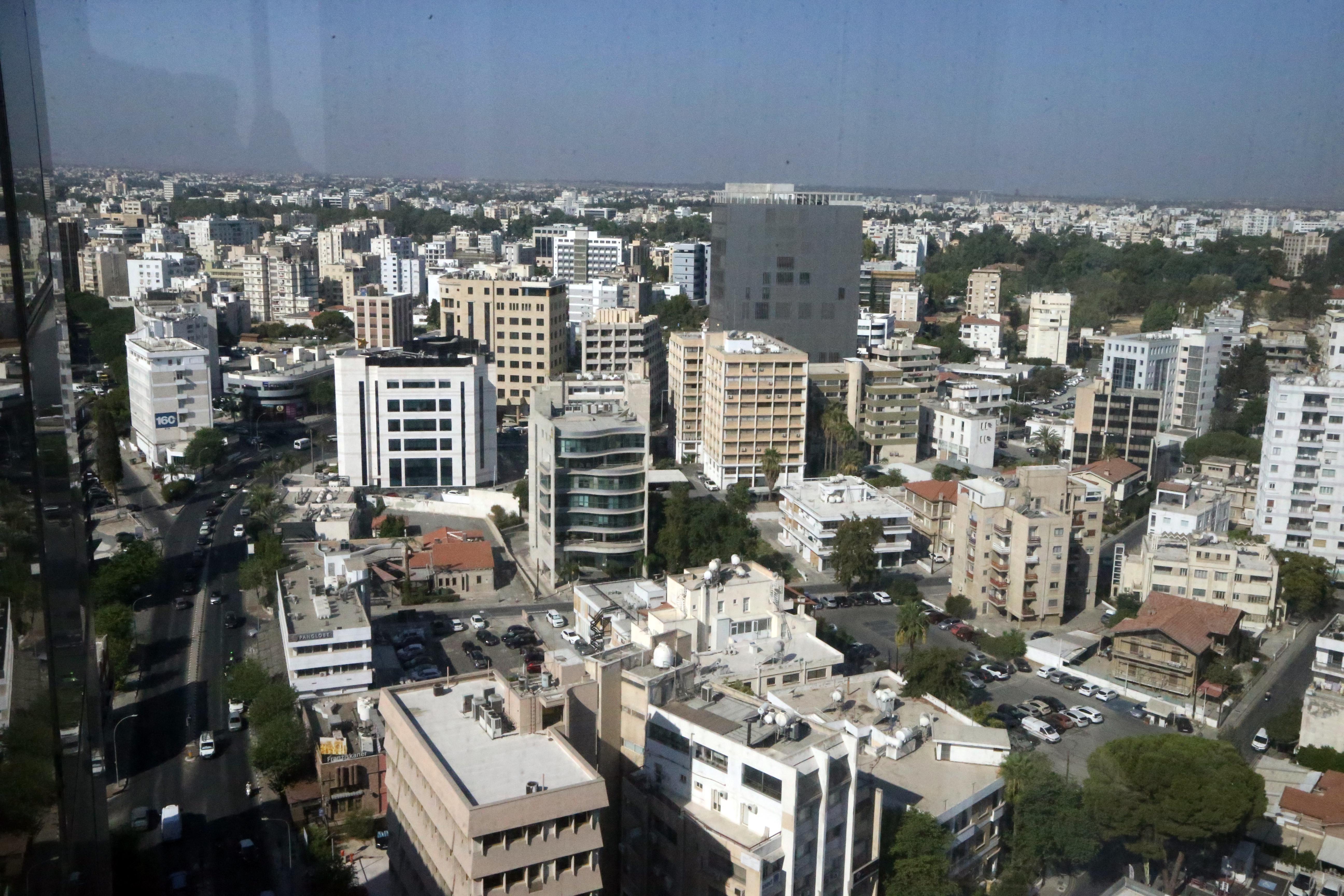Foreign nationals are increasingly snapping up immovable property in Cyprus, accounting for over a quarter of all property sales in 2024, although that ratio is likely an undercount, a report released on Tuesday by the Audit Office showed.
The auditor-general’s special report found that 27.35 per cent of property sales during 2024 concerned non-EU buyers.
At the same time, title deed transfers to foreign nationals (non-EU) jumped from 873 in 2020 to 2,511 in 2024 – an almost three-fold increase.
In 2024, a total of 15,797 immovable property sales were recorded across Cyprus, of which 4,321 (or 27.4 per cent) to non-EU buyers.
In Nicosia district, from 2020 to 2024, 98.76 per cent of applications by foreigners concerned owner occupancy, and 1.24 per cent concerned professional premises (a business).
The combined value of the 32 applications sampled in Nicosia came to €9.4 million.
Last year across Cyprus, 61 per cent of property sales concerned Cypriots, 12.07 per cent EU nationals (other than Cypriots), and 27.35 per cent non-EU nationals.
By district, sales to foreign nationals accounted for 44.19 per cent of all sales in Paphos; 33.85 per cent in Larnaca; 26.71 per cent in Famagusta; 26.51 per cent in Limassol; and 7.68 per cent in Nicosia.
In Nicosia district specifically, the data show that for the period 2020 to 2024 the major foreign property applicants were Chinese (16 per cent), Lebanese (16 per cent), Russians (14 per cent) and Israelis (10 per cent).
And, the report notes, 9,746 property concession contracts remain in force, with no possibility to track the nationalities involved due to the IT system’s limitations.
The chief loophole for not tracking foreign buyers has to do with the fact that property purchases by companies based in the EU or the European Economic Area are not subject to the normal restrictions.
The auditor-general’s data mainly came from Nicosia district, but also took a sample from the rest of the districts.
Initially, the law allowed foreign nationals to acquire one property unit or one land plot, provided it was used for owner occupancy, as a business or an industrial development connected to ‘new technologies’.
In 2011 the law was amended to harmonise with the EU acquis. This resulted in exempting from the definition of ‘foreigner’ any legal entity (company) incorporated in an EU-member state or in the European Economic Area.
This means no restrictions apply to companies incorporated in the EU or EEA, regardless of whether they are ultimately controlled by non-EU nationals.
In 2014, a circular was issued permitting the acquisition of up to two property units per foreign national or per married couple of foreign nationals. They could acquire property in two separate locations. Both of the units could be residences, or one of the two units could be a residence, and the other a shop or an office.
According to the Audit Office report, no objective, quantifiable income data exist that would enable an assessment of the financial wherewithal of foreign applicants.
In addition, no checks are carried out on the provenance of the funds, as this is not stipulated in the current legal framework.
Also, no time limit is specified for examining applications for these property purchases, other than the vague instruction “as soon as possible”. In the sample examined, the average application processing time ranged from three to four weeks.
Under current practices, no restrictions apply on foreign applicants other than the limit of two property units registered at the time of transfer.
A permit is required at the transfer stage, rather than at the stage of filing a bill of sale with the land registry.
This, says the report, allows for successive transactions in terms of the filing of bills of sale.






Click here to change your cookie preferences